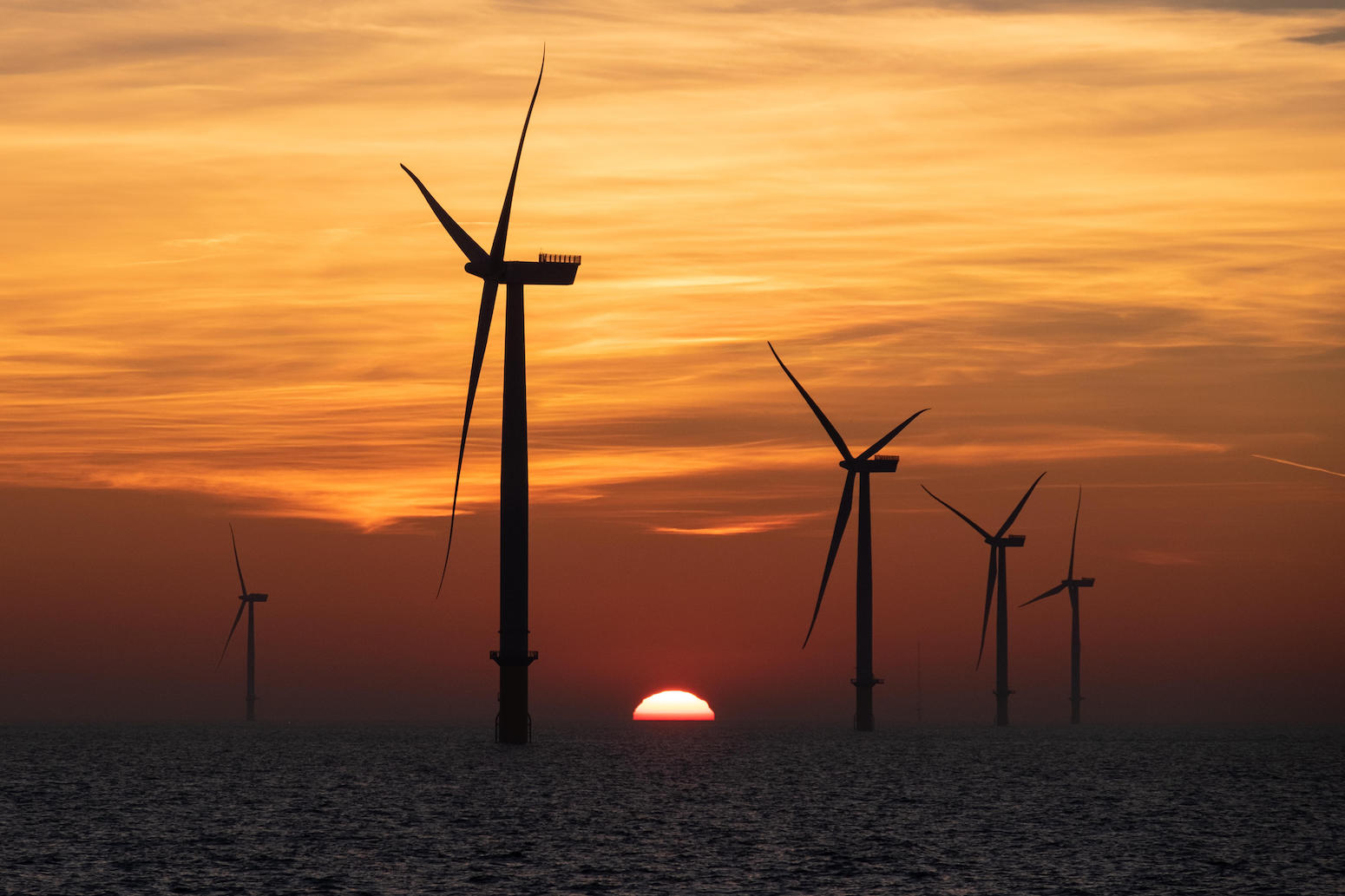Moderator note - split from:
It's a very poor deal, and to my mind it shows just how bad for the public this pretence of the private sector funding infrastructure really is.
"HS2 Back on Track" - front page of Sunday Express - private sector plan to build Birmingham to Manchester
Axed HS2 could be brought back to life as secret talks take place to revive rail link Rival mayors Andy Street and Andy Burnham team up to breathe new life into scrapped project between Birmingham and Manchester https://www.express.co.uk/news/uk/1858019/HS2-revived-private-finance Interesting...
www.railforums.co.uk
Can you justify that? As I understand it we are guaranteed to pay a lot... https://www.power-technology.com/projects/hinkley-point-c-nuclear-power-station/?cf-view saysThe difficulty with RAB is that it makes sense for a nuclear power plant or a sewer because those items are expected to fully pay back their costs from users. So the build costs of Sizewell C will be paid up front by electricity bill payers, in exchange they get 60 years of low cost electricity. In the case of a railway line the taxpayer will need to pay back the costs which diminishes the benefit vs direct procurement.
I believe that the current price of electricity for the year ahead is "only" £75/MWhr (and what has inflation been since 2013?) and renewables have driven the price down year on year and will continue to do so.The UK government and EDF entered into a commercial agreement on the key terms of the proposed investment contract for the nuclear power project in October 2013. Terms include a strike price of £92.50 per MWh of energy produced, fully indexed to the Consumer Price Index.
It's a very poor deal, and to my mind it shows just how bad for the public this pretence of the private sector funding infrastructure really is.
Last edited by a moderator:

